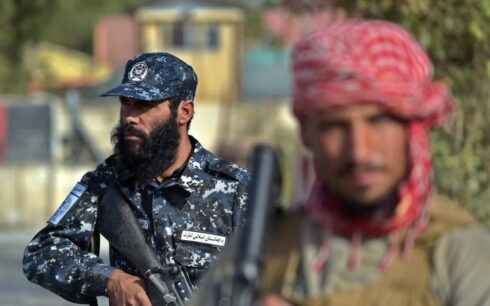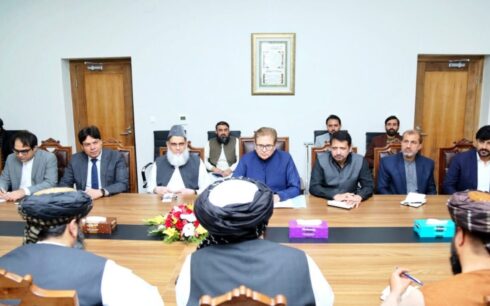ISTANBUL — The Afghanistan Coordination Group convened in Istanbul on Wednesday for a two-day meeting aimed at aligning international efforts to support Afghanistan amid mounting humanitarian needs and concerns over long-term stability, the Turkish embassy in Kabul said.
Hosted by the government of Turkey, the summit brings together representatives from donor countries, international financial institutions, and United Nations agencies. According to a statement from the Turkish embassy in Kabul, the discussions will focus on “the priorities and programs of the international community for Afghanistan” and improving coordination among various national initiatives and development projects.
The Afghanistan Coordination Group is one of the key international platforms for dialogue between donors and humanitarian actors, providing a forum to assess both immediate aid needs and long-term development strategies for the country.
The meeting follows an appeal issued Monday by the United Nations urging donors to maintain what it called “lifesaving” support for the Afghan population in 2025, amid ongoing humanitarian and economic challenges.
In a statement released by the UN Assistance Mission in Afghanistan (UNAMA), officials said that approximately 2.9 million people across the country are in need of urgent humanitarian assistance. Indrika Ratwatte, the UN’s humanitarian coordinator in Afghanistan and deputy special representative of the secretary-general, emphasized the importance of sustained support.
“If we are to help the people of Afghanistan break the vicious cycle of poverty, we must continue to provide the tools and resources they need while creating the foundations for long-term resilience and stability,” Ratwatte said.
Despite operational constraints on the ground, the UN has called for a gradual shift from emergency relief to more durable, development-oriented programming that addresses root causes of vulnerability. “This is a vital approach—not just for Afghanistan, but for the region and the wider world,” Ratwatte added.
According to UNAMA, international humanitarian partners provided roughly $3.21 billion in aid to Afghanistan in 2024, an increase over the previous year. The funds supported emergency relief, delivery of essential services, and local resilience programs, with particular attention to the needs of women and girls.
UN officials also warned that a global funding shortfall is threatening to erode fragile gains made over the past four years. Without continued investment in core infrastructure and resilience, the UN said, many Afghans could turn to “negative coping mechanisms,” including irregular migration, which could in turn destabilize the region further.
UNAMA is expected to release its 2024 annual results report during the Istanbul meeting, outlining the impact of international aid and setting the stage for future collaboration.
The summit is scheduled to conclude on Thursday.





